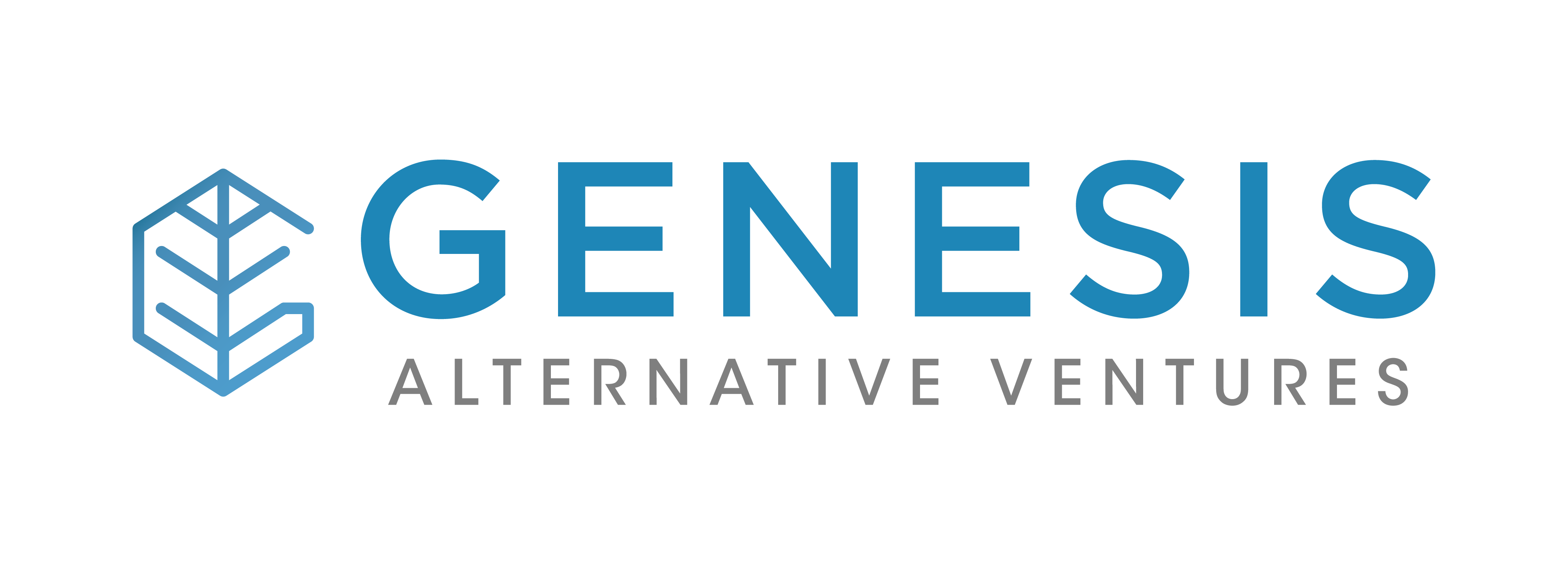Debt Capital for Equity-Sponsored Companies (aka start-ups)

The first quarter of 2020 whizzed by so quickly. In continuation to my previous post, let’s dive into what a founder should look at when considering venture debt. First up, venture debt is not convertible debt. I still get asked a lot if we can do convertible financing. The straight answer is no. Venture debt is a form of debt investment that augments a portion of the equity need. It also provides a funding mix shift for equity-sponsored start-ups who are raising early growth capital here in Southeast Asia.
Clever mix of venture equity and debt capital markets
Most startups have negative working capital and operate in a dynamic and uncertain environment. Even more so in today’s climate. As a founder who is embarking on a fundraising plan and doing an extensive financial modeling exercise, the appropriate question to ask should be (1) do you raise 100% of what you need, or (2) 100% plus some extra buffer? Let’s take the current Covid situation to illustrate the financing conundrum. If a founder had raised adequate funds without any buffer, the unforeseen decline in business could put the company in a precarious situation and financing dilemma. Reducing the opex is one way of extending the runway, or raising some cash buffer initially could have helped cushion some of the impact.
How much debt should a founder seek to raise
Assuming a founder needs $x million of capital to take the business to the next value inflexion point. The founder now has an option of raising $x + $y million where y is the venture debt amount and x represents the equity portion. Some founders opt to raise $x – $y million where the difference is the equity portion. This alternative allows the founder to minimize equity dilution and this stems from the venture lender entitlement to some option rights as part of the transaction. Venture lenders also typically limit average equity to debt ratio of 3:1 to avoid an overleveraged situation.
Read More : The Venture Debt Investors Journey in Southeast Asia
Highlights of venture debt transaction
There are several key terms in a venture debt capital markets transaction, with reference to deals here in Southeast Asia. Interest rates are typically in the low-teens and venture lenders would ask for a small fraction of equity (<2%) as a warrant option. These terms would be risk-adjusted based on parameters such as the stage of the company (e.g. Series B vs Series A), quality of equity sponsor, and country of operations etc. Depending on the quantum, there are commitment and legal fees involved which may be upwards of 1.5%.
A start-up’s perspective of venture debt
Horangi Cybersecurity was Genesis’ 1st venture debt portfolio and just recently in March 2020, the company announced it has completed a Series B round (https://www.horangi.com/blog/horangi-raises-us20m-to-strengthen-cyber-security-offering-in-southeast-asia). Kevin Lee, Executive Chairman, Horangi Cybersecurity shares his experience with venture debt. As a leading cybersecurity company in South East Asia, Horangi is growing and expanding fast. Kevin highlighted the challenges faced by a young startup and said “our working capital needs are growing even faster, as we need to spend up front to acquire customers through sales and marketing activities, while collecting revenue over the lifetime of the customer. We therefore knew we wanted to take some debt capital markets to complement our equity capital as it is a good fit with the financial profile of the business, and could allow us to continue growing while reducing our dilution. As a startup with a short operating history, it is almost impossible to get normal bank loans, which is where venture debt nicely fills in the gap as venture debt providers know how to underwrite startups much better than banks”.
Read More : Venture Debt for tech-backed companies during Covid-19
Kevin goes on to share how he eventually decided to go with Genesis. He said that “because we were not just looking for capital – we were looking for partners who could add substantial value to our business. Genesis sets themselves apart from the other venture debt providers in the region on this front, whether it is in terms of helping us with business development to introduce potential partners and customers, advising us on strategy and fundraising, and even government relations. We are very happy that we chose to work with Genesis and look forward to building the company together with them over the long term”.
A venture lender wants to be aligned with the best interest of the founder, the company and the venture investors. Conversely, look for a venture lender who is committed and understands the business needs. The outcome will be a win-win situation for everyone.
